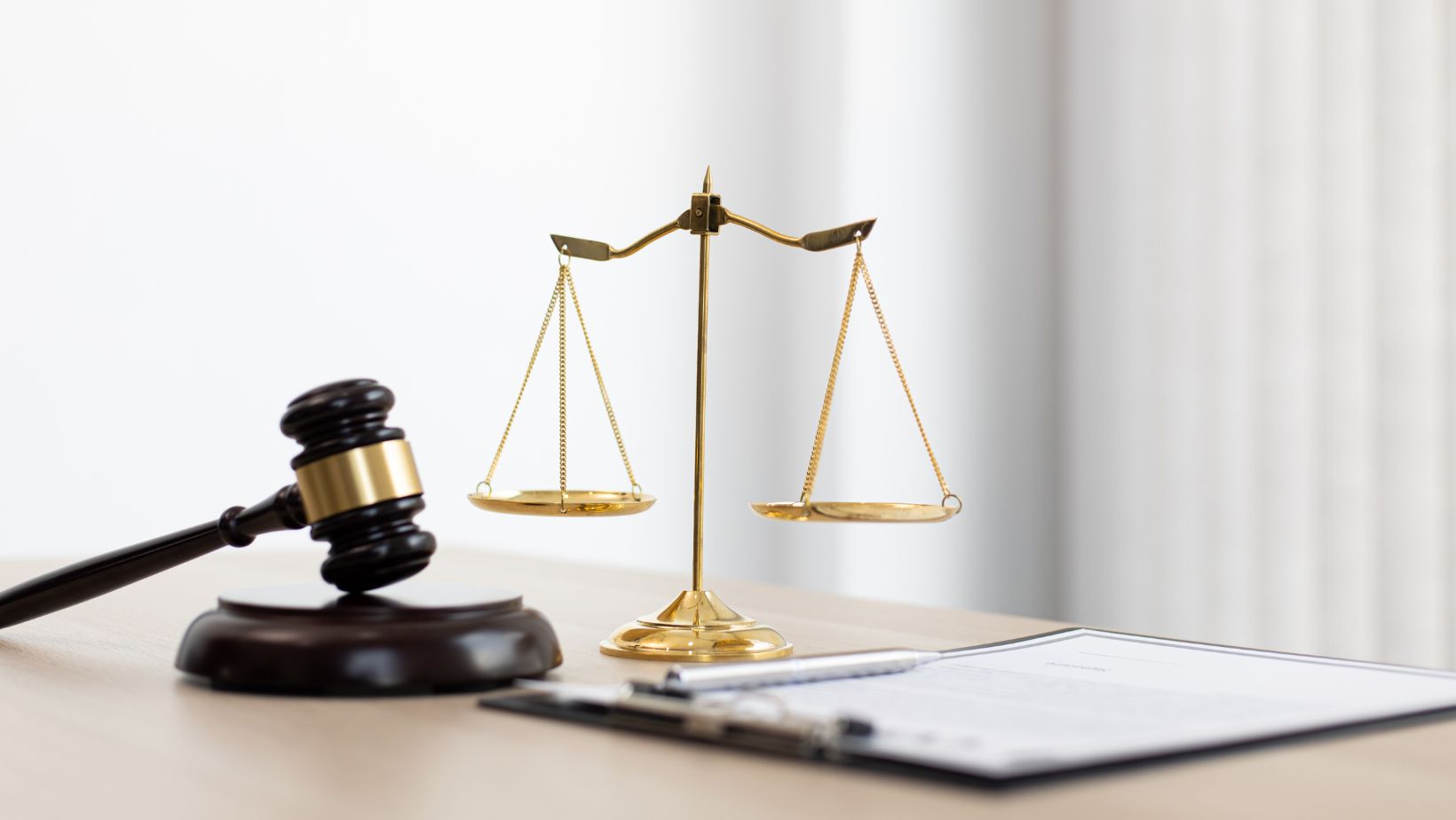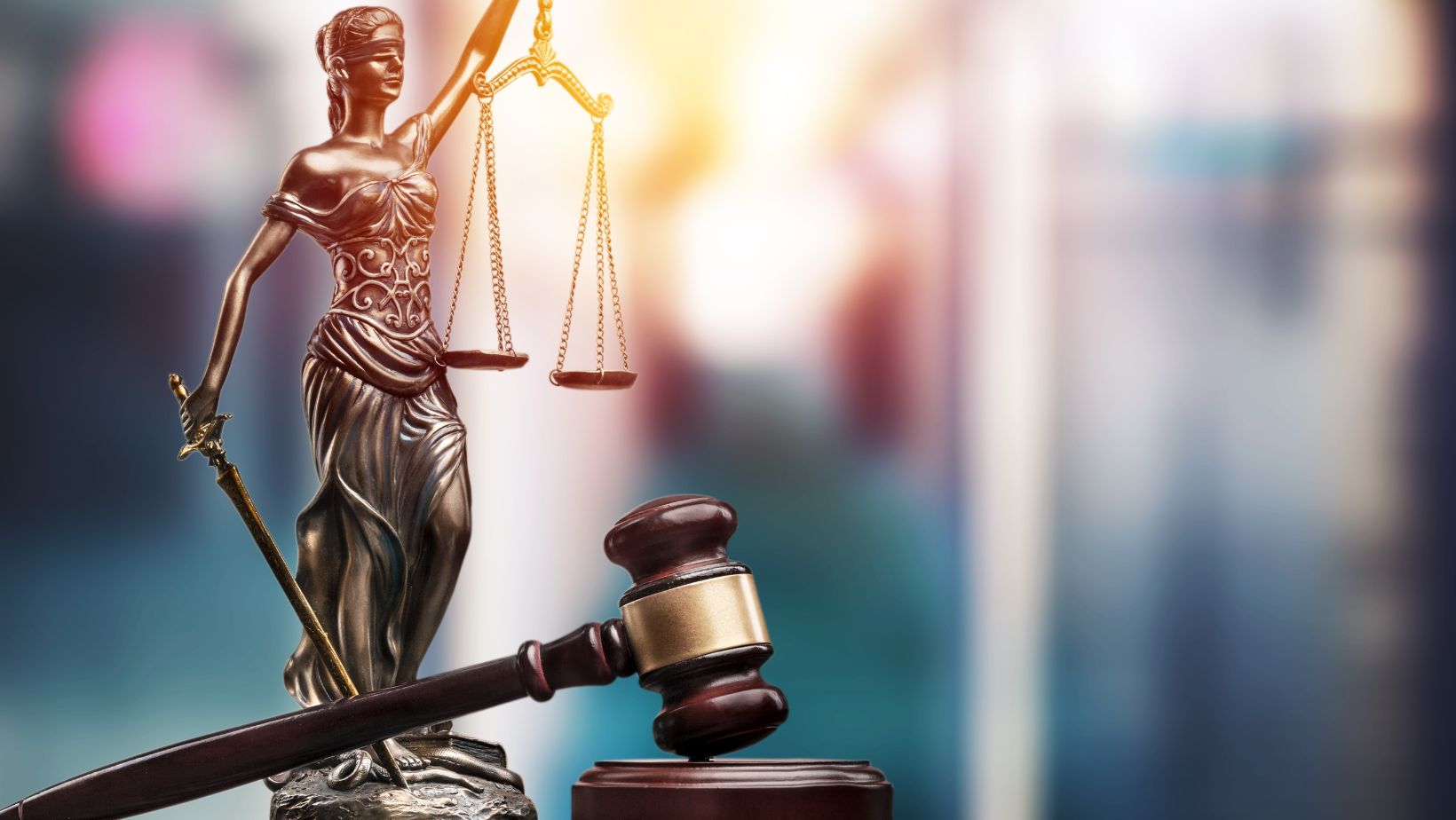
What happens in a criminal trial, and what rights do you have? Many people find the criminal trial process mysterious and overwhelming. This guide aims to shed light on the stages of a criminal trial and the rights guaranteed to you throughout. By understanding these elements, you’ll be better prepared to navigate the complexities of the legal system.
Understanding the Charges
The journey begins when you’re formally charged. This is a critical moment where the specifics of the alleged crime are laid out against you. It’s essential to grasp every detail, as this will form the basis of your defense strategy. Your understanding of the charges will directly impact how you and your attorney plan your defense, highlighting the importance of clear and open communication with your legal representative.
The Role of an Attorney
An attorney is your advocate and guide through the legal labyrinth. They explain the charges, the potential penalties, and the nuances of the law that apply to your case. More importantly, they stand by you, offering counsel and representation to secure the best possible outcome. If hiring an attorney is beyond your financial means, the court must appoint a public defender, ensuring your right to representation is preserved.
Plea Bargaining
Plea bargaining is a strategic negotiation that could precede the trial. Here, you might agree to plead guilty to lesser charges in exchange for a more lenient sentence.

This phase requires careful consideration and expert advice from your attorney, as it could significantly alter the course of your legal journey. It’s a complex decision that hinges on the strength of the prosecution’s case, the evidence against you, and the potential benefits of accepting a deal over facing a jury.
The Trial Process
A criminal trial unfolds in stages designed to ensure justice is served. These key stages include:
- Selection of the Jury: A group of citizens is chosen to hear the case and make a decision.
- Opening Statements: Both the prosecution and your defense attorney present their cases to the jury.
- Presentation of Evidence: Both sides present evidence, call witnesses, and cross-examine them.
- Closing Arguments: Each side summarizes their case, trying to persuade the jury.
- Jury Deliberation: The jury discusses the case privately and decides on your guilt or innocence.
- Verdict: The jury’s decision is announced. If you’re found guilty, sentencing will follow.
Your Rights During the Trial
You have specific rights during the criminal trial process, including:
- The right to remain silent and not incriminate yourself.
- The right to be represented by an attorney.
- The right to a fair and public trial by an impartial jury.
- The right to see and cross-examine all witnesses against you.
- The right to call witnesses in your defense.
The Importance of Evidence
Evidence is the cornerstone of any criminal trial. It must be collected, presented, and scrutinized according to rigorous legal standards. Your defense might involve discrediting the prosecution’s evidence or presenting your own to establish a different narrative. Effective evidence handling can influence the jury’s perception and the trial’s outcome, underscoring the need for a skilled defense attorney.
Sentencing
If found guilty, the focus shifts to sentencing. The judge considers various factors to determine the appropriate punishment, from the nature of the offense to your past conduct and the circumstances surrounding the crime. This stage can significantly impact your future, making it another critical area where your attorney’s expertise is invaluable.
The Right to Appeal
An unfavorable verdict isn’t necessarily the end. You can appeal, challenging legal errors that might have influenced your trial’s outcome. While an appeal doesn’t guarantee a different result, it offers a chance to seek rectification for procedural missteps or judicial oversights.
Maintaining a Positive Mindset
Keeping a positive mindset throughout the trial process is crucial. The emotional and psychological stress of facing criminal charges can be overwhelming. Staying focused, maintaining hope, and working closely with your attorney to navigate the challenges ahead is important.

Family, friends, and possibly professional counseling support can also be invaluable. A positive outlook can help you make clear decisions and contribute effectively to your defense strategy, emphasizing the importance of mental and emotional resilience during such a trying time.
Wrapping Up
Navigating a criminal trial requires a solid understanding of the process and a clear awareness of your rights. From the moment charges are brought against you, through the potential complexities of trial and sentencing, knowing what to expect can provide reassurance in an otherwise uncertain time. Armed with this knowledge and the support of a competent attorney, you’re better equipped to face the challenges of the criminal justice system.











